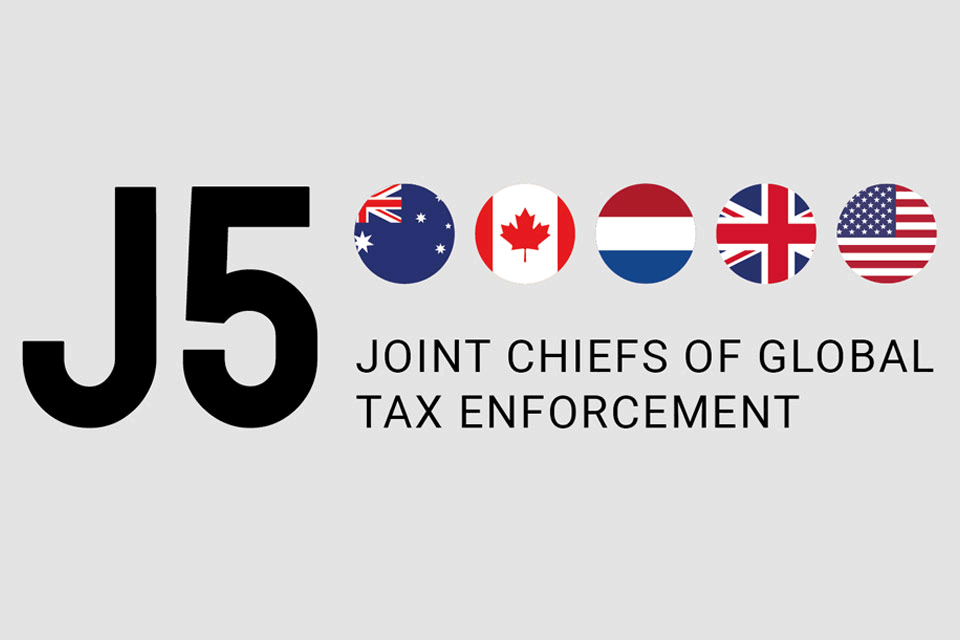On 18 September 2018, the government of Netherlands presented the 2019 budget proposals to the House of Representatives.
Implementation of ATAD measures
The Proposals put forward legislation that introduces various EU Anti-Tax Avoidance Directive (ATAD) measures in Dutch domestic legislation for fiscal years starting on or after 1 January 2019. The Dutch Government confirmed that the anti-hybrid rules will not be introduced before 1 January 2020.
Thin Cap rules
The government announces that it will issue draft legislation in the course of 2019 to introduce thin cap rules for banks and insurers.
CFC rules
Under the CFC rules, a foreign entity (or permanent establishment) is considered a CFC if the Dutch taxpayer has a direct or indirect interest of more than 50% (vote or value) in that foreign entity (control test) and the statutory tax rate in that jurisdiction is less than 7% (low-taxed test).
GAAR
The Dutch Government considers that the general Dutch abuse of law doctrine already covers the intention of the general anti-abuse rules (GAAR) sufficiently. Therefore, no additional legislation with respect to the GAAR is introduced in the Proposals.
Conditional dividend withholding tax
The Proposals set forth that the current 15% Dutch withholding tax on dividend distributions will be abolished as of 1 January 2020. At the same time a conditional dividend withholding tax will be introduced that only applies to distributions (and in certain cases capital gains) to related companies that are tax resident in a jurisdiction with a low-tax rate (i.e., a jurisdiction with a statutory rate lower than 7%), a jurisdiction listed on the EU Blacklist or in abusive situations. This rate will be similar to the CIT rate.
CIT rate
The Proposals include a reduction of CIT rate from 25% to 24.3% in 2019, to 23.9% in 2020 and to 22.25% as from 2021. Profits up to an amount of €200,000 are currently taxed against a lower step-up rate of 20%. The Proposals state that this step-up rate will be reduced from 20% to 19% in 2019, to 17.5% in 2020 and to 16% as from 2021.
General Interest Deduction Limitation
The legislative proposal for ATAD implementation also includes a 30% Earnings Before Interest Tax Depreciation and Amortization (EBITDA) interest deduction limitation. The ‘Earnings’ do not include exempt income. An example: interest income is €1.5 million, interest expense is €3.5 million – the net interest is therefore – €2 million. If the Dutch company has an EBITDA of €5 million, it can deduct 30% of €5 million, which amounts to €1.5 million of interest expenses, and €500,000 may be carried forward indefinitely. The government proposes to introduce a general allowance of €1 million, even if the outcome of 30% of the EBITDA would be less than such amount.
Two existing interest deduction limitation rules (known as article 13l (financing of qualifying participations) and 15ad (acquisition holdings)) will be abolished as per January 1, 2019.
Carry forward loss
Currently, a tax loss can be carried back one year and can be carried forward nine years. It is proposed to shorten the tax loss carry forward period to six years in 2019.
Additional restrictions on depreciation on real estate
The Proposals set forth that for fiscal years starting on or after 1 January 2019, real estate may only be depreciated up to the value of the real estate in accordance with the Real Estate Appraisal Act (WOZ-value).
Anti-hybrid rules
The Dutch Government restates their aim to implement the anti-hybrid rules of the ATAD as of 1 January 2020. Because of the technical complexity of the legislation and wide variety of hybrid mismatches, the Dutch Government considers a public consultation necessary. This consultation is planned to start before the end of 2018.
Conditional withholding tax on interest and royalty payments
The Dutch Government had already indicated an introduction of a conditional withholding tax on inter-company interest and royalty payments from Dutch taxpayers to low-tax jurisdictions or jurisdictions included on the EU Blacklist as of 2021.
Multilateral instrument
It is expected that the ratification process of the multilateral instrument (MLI) developed by the OECD will not be completed in 2018. Consequently, the MLI will in principle not take effect before 1 January 2020 with respect to withholding taxes.














